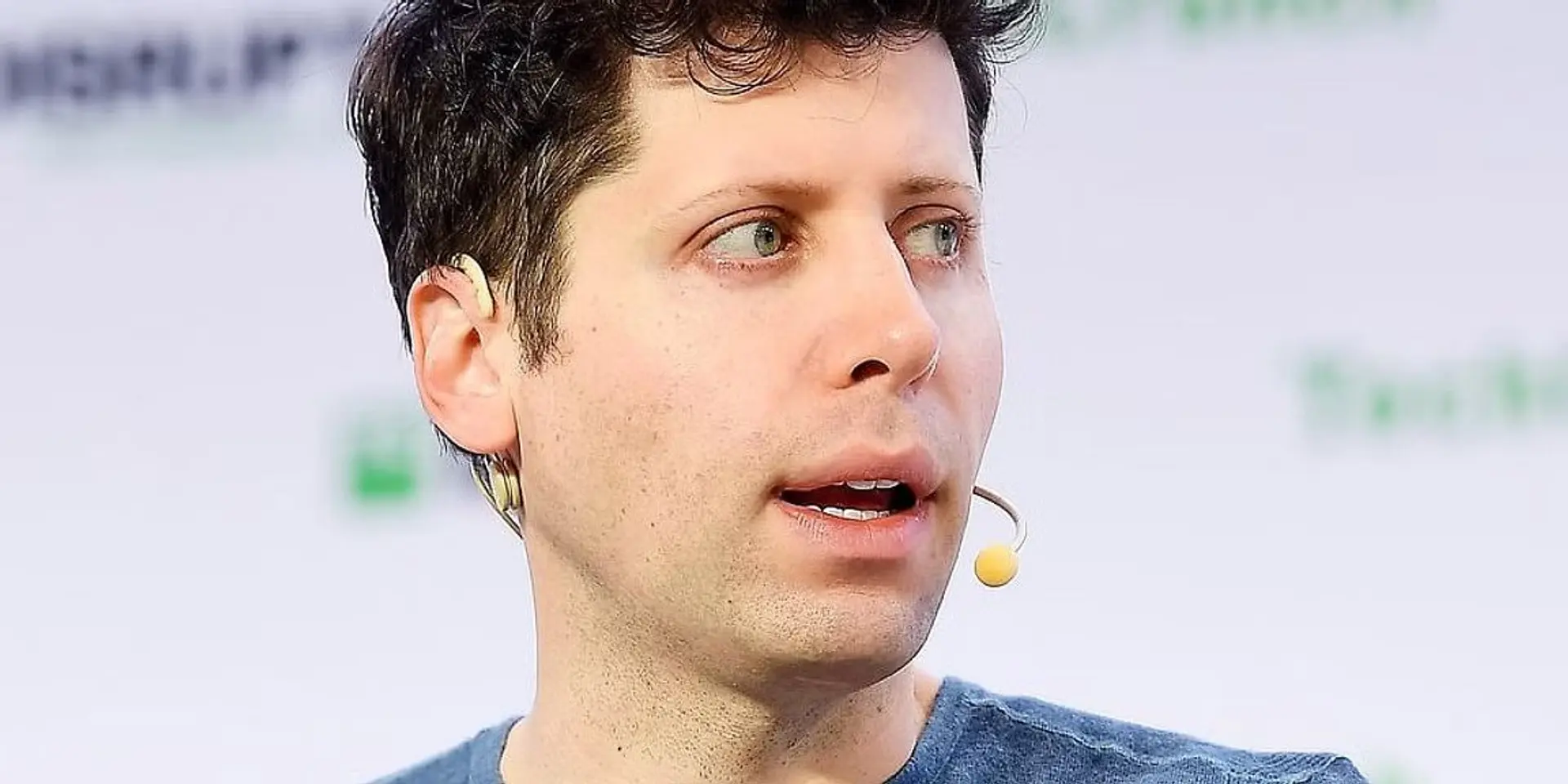Sam Altman, OpenAI CEO, Invests $180 Million in a Biotech Startup's Mission to Defy Aging and Death
Biotech startup Retro Biosciences receives a massive investment to pursue groundbreaking research aimed at increasing healthy human lifespan by ten years.
Sam Altman, the visionary CEO behind and its groundbreaking AI language model ChatGPT, has set his sights on a new audacious target: defying the aging process. As reported by the MIT Technology Review, Altman has committed a substantial $180 million to a biotech startup named Retro Biosciences. This investment is part of his broader portfolio, which also includes financial support for another innovative startup, Helion Energy.
Established in April, Retro Biosciences is dedicated to postponing mortality by devising state-of-the-art techniques to counteract several age-related ailments. The firm's website proclaims, "Our mission is to increase healthy human lifespan by ten years. This will be intensely challenging and require substantial resources." Altman's considerable investment has provided Retro Biosciences with an impressive initial funding of $180 million, which will enable them to achieve their preliminary proofs of concept and maintain their operations for the next decade.
Altman, who now focuses primarily on OpenAI, shared with the MIT Technology Review his aspiration to personally benefit from the therapies developed by Retro Biosciences. At present, his approach to longevity includes taking the diabetes medication metformin and emphasising healthy eating and adequate sleep.
Retro Biosciences is led by scientist Joe Betts-LaCroix, an associate of Altman's from their tenure at the startup accelerator Y Combinator. Altman was at the helm of Y Combinator between 2014 and 2019 before shifting his attention to OpenAI.
According to the MIT Technology Review, Altman's fascination with anti-aging methods dates back several years. Approximately eight years ago, he began investigating "young blood" research, an experiment by Harvard University researchers which involved conjoining the skins of older and younger mice to merge their blood systems. Surprisingly, this study discovered that the older mice experienced partial rejuvenation in their muscles and brains, a result that Altman confessed was unexpected.
Subsequently, Altman and Betts-LaCroix explored another project related to life extension, drawing on the findings of UC Berkeley researchers. In 2020, these researchers identified that diluting the blood plasma of aged mice could also produce rejuvenating effects. Motivated by these outcomes, Altman and Betts-LaCroix contemplated cellular reprogramming and the establishment of an enterprise centered on aging biology, with Altman agreeing to finance the endeavor.
As Betts-LaCroix remembers, he told Altman, "I'll do it. I'll build a multi-program company around aging biology, and that is the big play." Altman replied with enthusiasm, "Great — let's go for it."
Until now, Betts-LaCroix had kept Altman's participation in Retro Biosciences confidential, allowing the company to develop autonomously. Representatives from OpenAI for Altman and Retro Biosciences for Betts-LaCroix have not yet issued any comments in response to inquiries.
With Retro Biosciences' pioneering research and the substantial investment from Altman, the biotech startup is well-positioned to make remarkable progress in the pursuit of extending human life and defying death.








